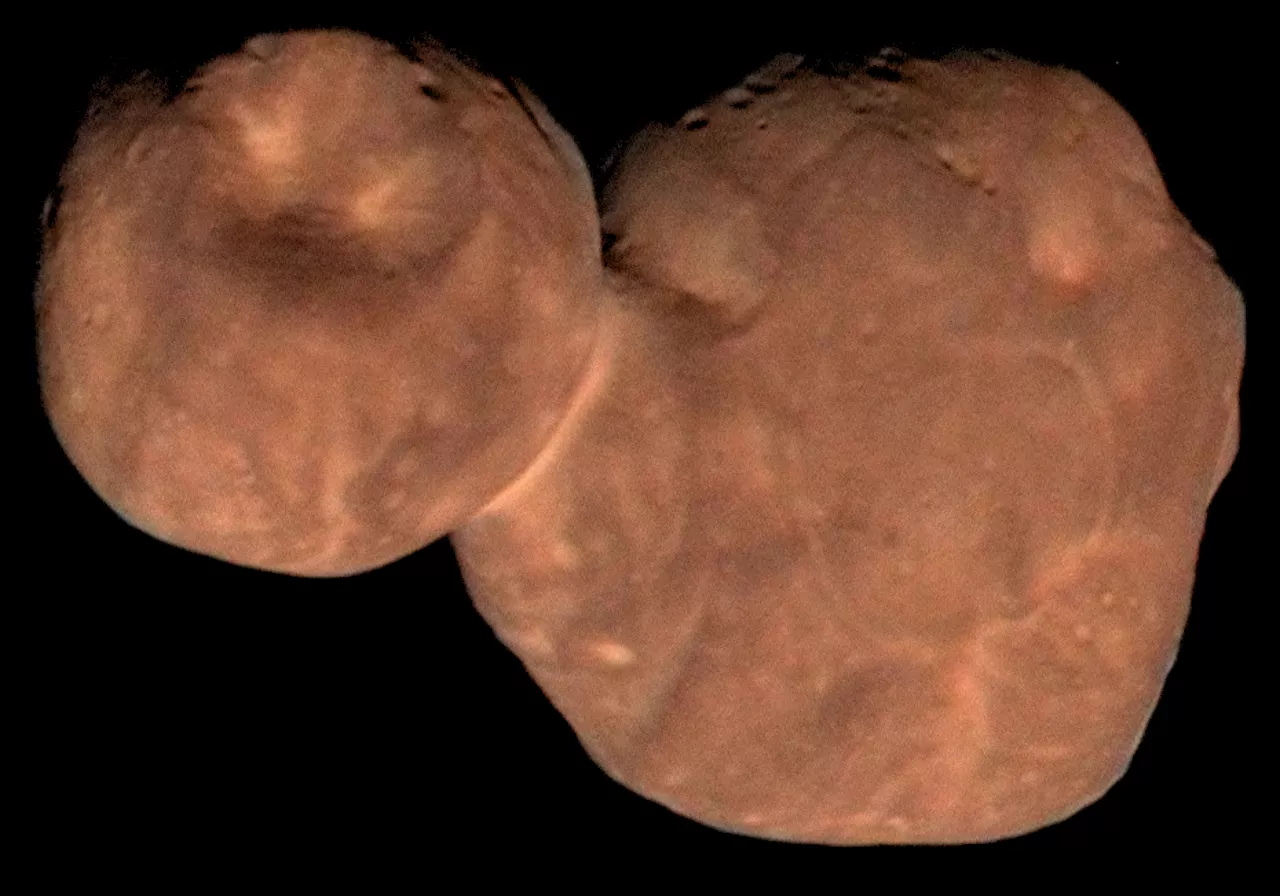Space and astronomy news
This composite image of the primordial contact binary Kuiper Belt object 2014 MU69 was compiled from data obtained by NASA's New Horizons spacecraft as it flew by the object on Jan. 1, 2019. The image combines enhanced color data with detailed high-resolution panchromatic pictures.
By far the most famous of all the TNOs is Pluto. Even though Pluto spends 20 years of every orbit closer to the Sun than Neptune, it spends the vast majority of its time farther away. At that distance, the light of the Sun is so dim that Pluto exists in permanent twilight, and temperatures are cold enough for the world to support giant mountains made of pure water ice.
Even though Pluto is the largest of the TNOs by radius, it is not the most massive. That honor goes to Eris. That world has a highly eccentric orbit. At its closest approach to the Sun, it’s about 38 times farther way than the Earth. At its most distant, it’s nearly 100 times farther away. Some other TNOs have orbits three times bigger.
Deutschland Neuesten Nachrichten, Deutschland Schlagzeilen
Similar News:Sie können auch ähnliche Nachrichten wie diese lesen, die wir aus anderen Nachrichtenquellen gesammelt haben.
 Renowned Dallas sports photographer Brad Bradley dies at 101North Texans can expect sweater weather for the next couple of day before a mid-week warm up next week!
Renowned Dallas sports photographer Brad Bradley dies at 101North Texans can expect sweater weather for the next couple of day before a mid-week warm up next week!
Weiterlesen »
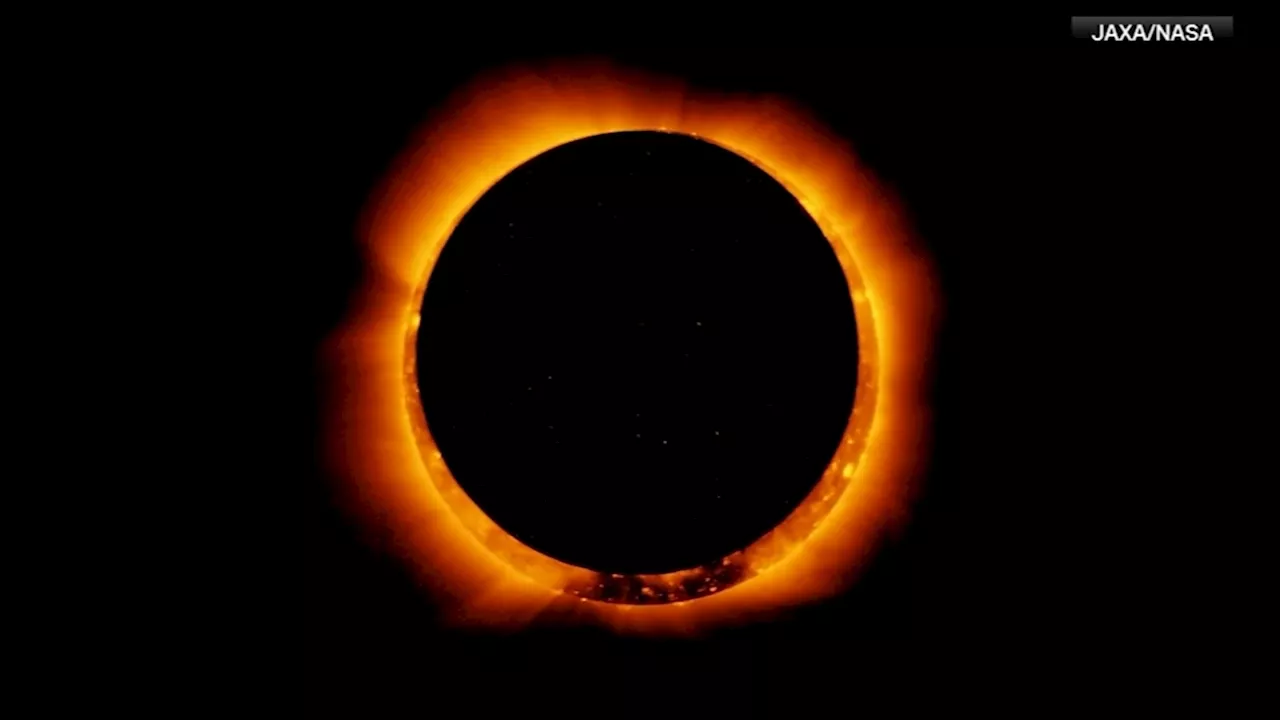 Bay Area astronomy expert shares what to expect for Saturday's 'Ring of Fire' solar eclipseUniversity of San Francisco Astronomy Professor Andrew Fraknoi sat down with ABC7 News to tell us what you can see at the rare event and safe ways to view it.
Bay Area astronomy expert shares what to expect for Saturday's 'Ring of Fire' solar eclipseUniversity of San Francisco Astronomy Professor Andrew Fraknoi sat down with ABC7 News to tell us what you can see at the rare event and safe ways to view it.
Weiterlesen »
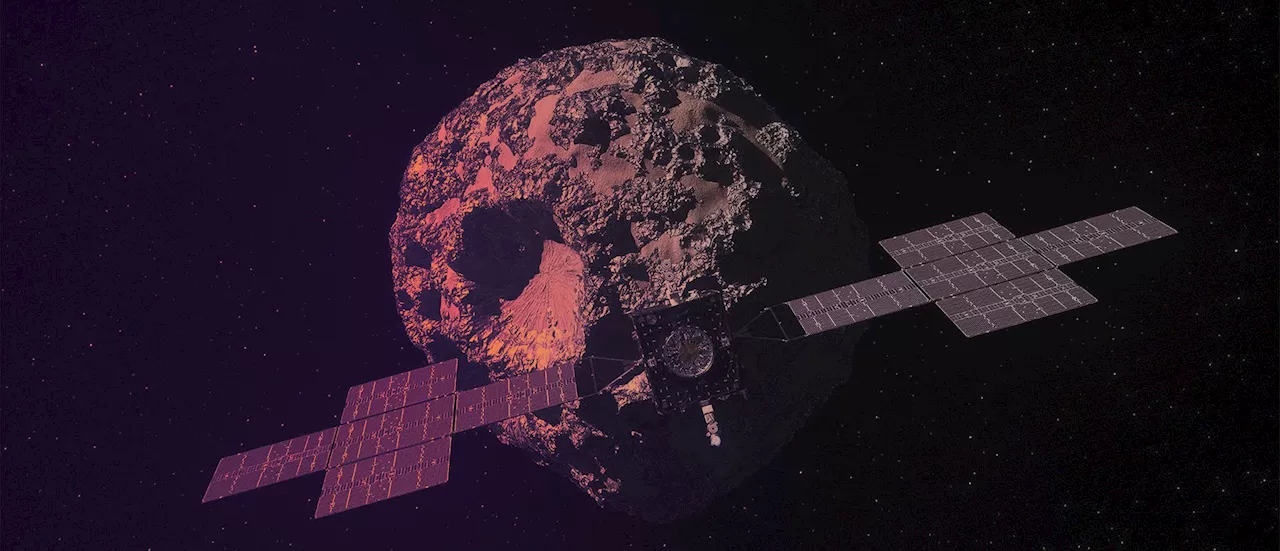 NASA's Psyche Mission is off to Asteroid PsycheSpace and astronomy news
NASA's Psyche Mission is off to Asteroid PsycheSpace and astronomy news
Weiterlesen »
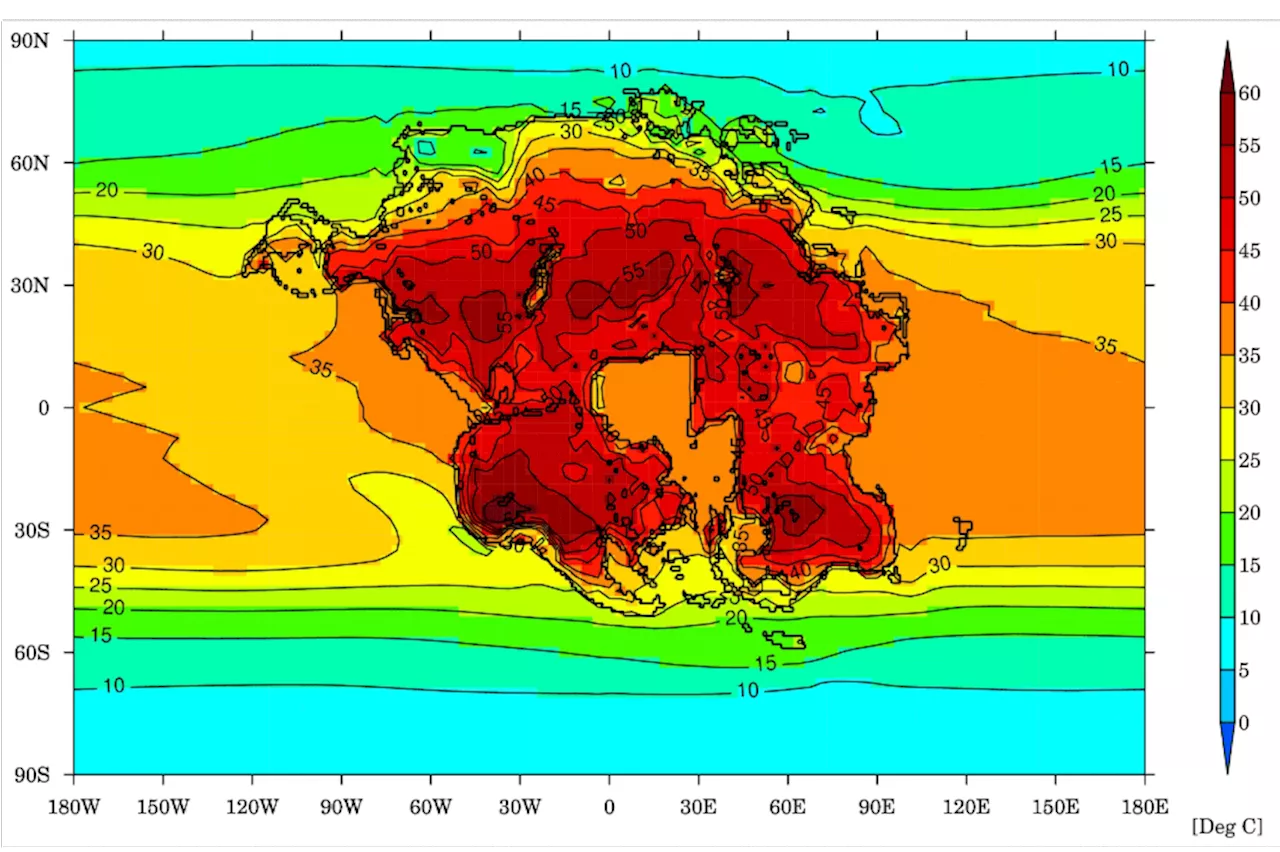 In 250 Million Years, a Single Supercontinent will Form, Wiping Out Nearly all MammalsSpace and astronomy news
In 250 Million Years, a Single Supercontinent will Form, Wiping Out Nearly all MammalsSpace and astronomy news
Weiterlesen »
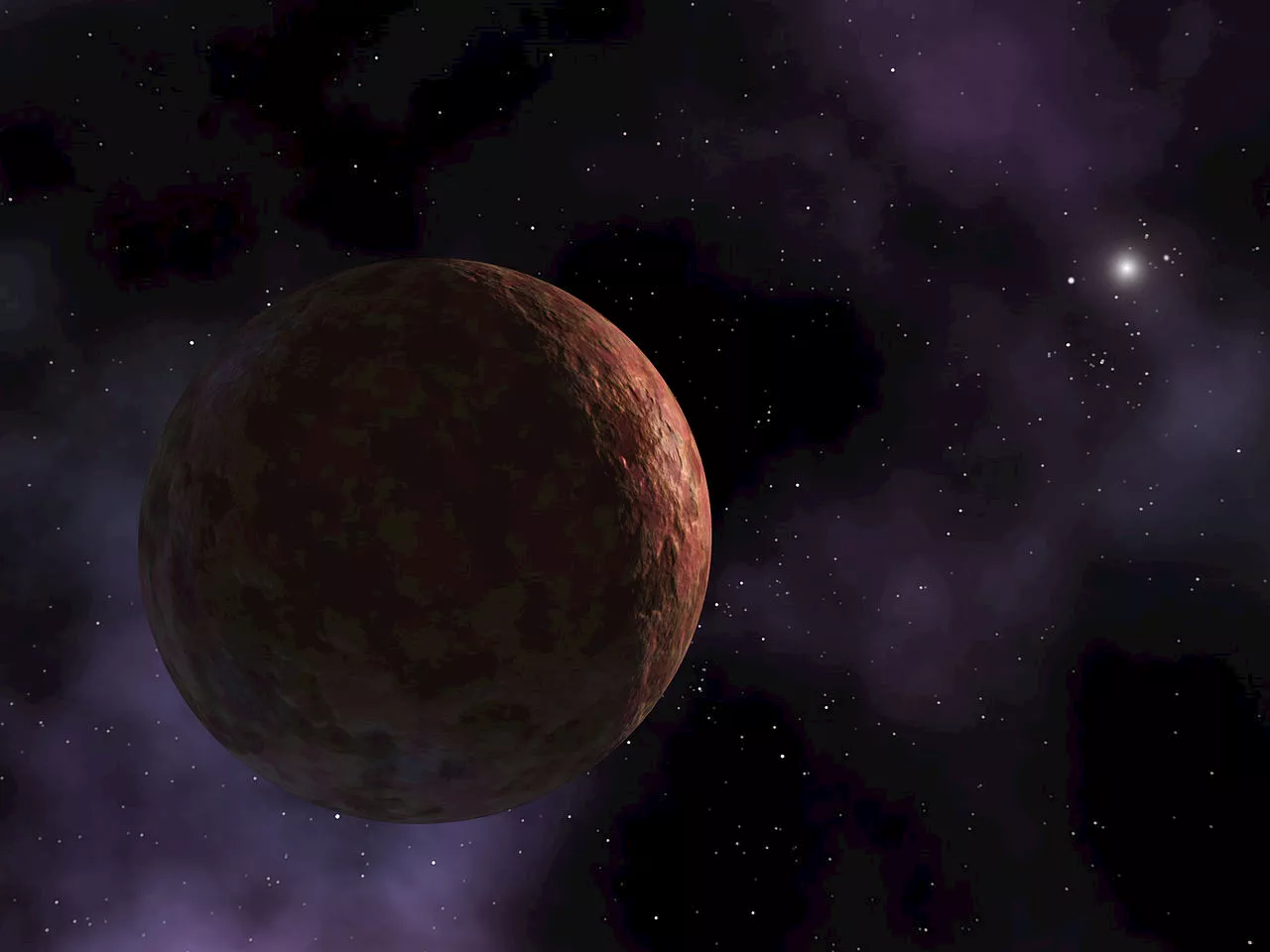 JWST Observes the Kuiper Belt: Sedna, Gonggong, and QuaoarSpace and astronomy news
JWST Observes the Kuiper Belt: Sedna, Gonggong, and QuaoarSpace and astronomy news
Weiterlesen »
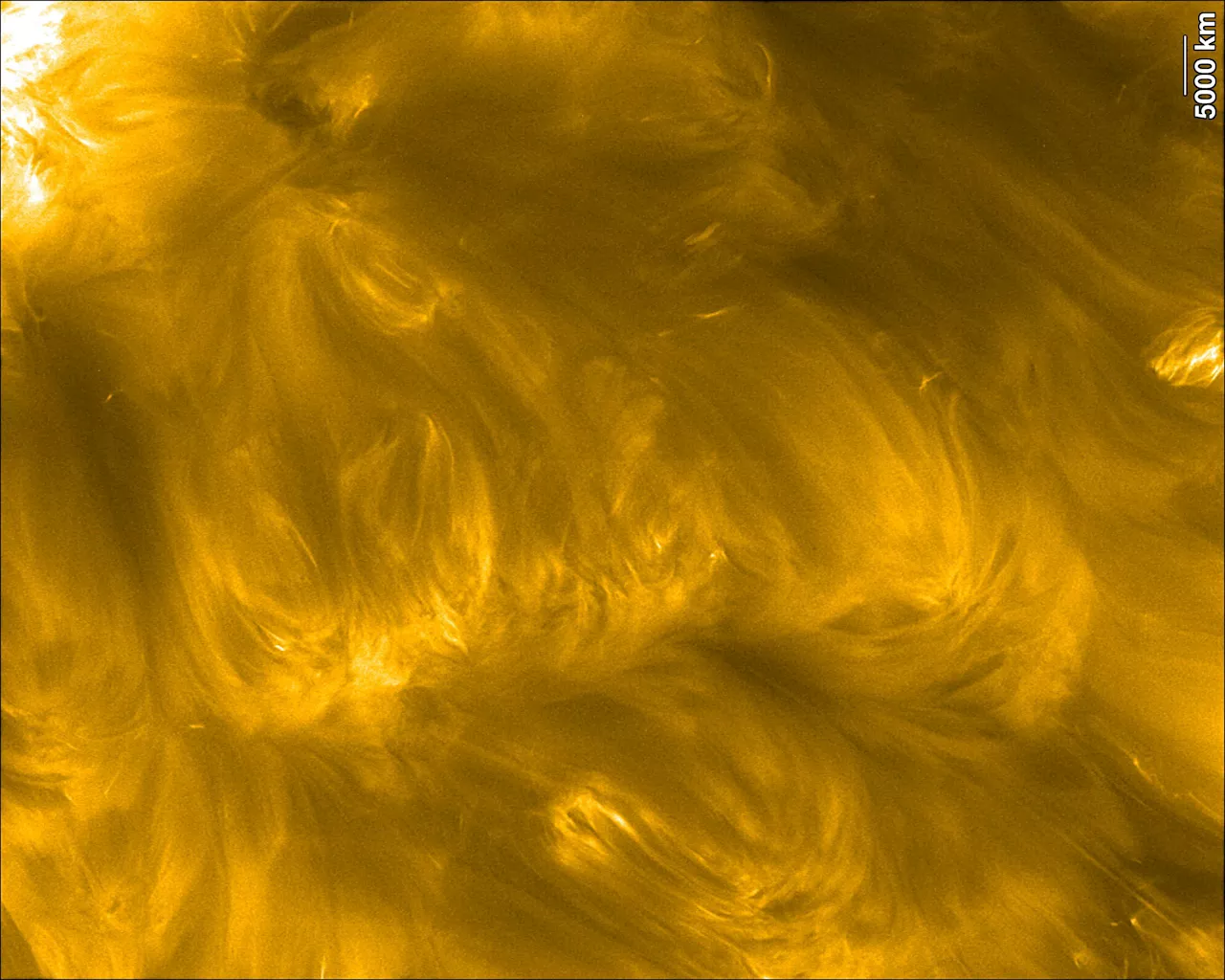 Small Magnetic Fields Have a Big Impact on the Sun's AtmosphereSpace and astronomy news
Small Magnetic Fields Have a Big Impact on the Sun's AtmosphereSpace and astronomy news
Weiterlesen »
